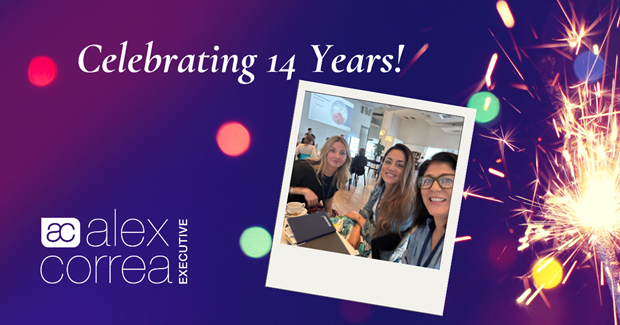Understanding Your Value
Asking for a salary increase or promotion can make even the most seasoned professional feel uncomfortable. In this two-part blog series, we’ll talk about the factors that might be holding you back from asking for a salary increase or promotion, and how you can best maximise this process. Firstly we’ll be asking you to gain an understanding of your value in your firm and also consider what might be standing in the way of you asking for an increase. In the second part, we’ll challenge you to ‘knock down those barriers’ and provide you with some practical tips to successfully navigate and negotiate your next review.
KNOW YOUR VALUE
Understanding and acknowledging your value as an individual employee is an important first step towards negotiating a salary increase or promotion. Not only will you feel more empowered and comfortable initiating the tough conversations but as they say knowledge is king!
QUESTION + REFLECT
It's likely you're more valuable to your firm than you think. Start by reflecting on your work over the last year and asking yourself some big questions. It's a good idea to note down your answers so you can revise them before you meet with your boss later in the process:
- What work have you introduced or obtained for the firm?
- What contributions have you made to the development of the practice? Have you trained and assisted others to develop? Introduced new processes? Developed your brand?
- Have you completed or worked towards any further studies?
- What experiences and new areas of practice have you taken on?
- What significant wins did you have for your clients?
- Did you save the firm from losing a client?
- What have your billings been?
- What mistakes have you made? Mistakes can mean you've learnt how to save your clients time and money; owning your mistakes and learning from them demonstrates growth.
- How else have you grown over the past year?
TAKE STOCK
Know your numbers. Know your market. What are you worth objectively in today's market? The economy generally along with market fluctuations can either assist or hinder your pay negotiations and it's important to be aware of these well before initiating any kind of discussion about money.
Research the market you specialise in. Is the market in growth mode? Is it being impacted by legislative change, politics or economic fluctuations? What are the challenges in the market? What have you done to adapt to these, especially if some of the changes are likely to impact negatively on your career?
Check job boards. What jobs are being advertised in your area? Assess the demand for your skills. What demand is there for your experience level? What kind of salaries are being offered? Job boards can be a good indication of what your value is in the market, not just at your firm. This kind of information will be helpful for you to use during your negotiations.
RECOGNISE THE BARRIERS
Understanding your value can often be hindered by the story you tell yourself like,
“I'm not sure I'm worth more, or, I'm not as great as Jane or Rob”.
“I'll just get knocked back. If they say no I'll feel stupid, vulnerable and what then”.
“I had a knock-back once before, so what's the point.”
“It may lead to greater work, responsibility and expectation or rejection.”
“They'll take care of this for me in the end if it really matters.”
“If I talk about money they'll think I'm greedy or pushy “
If you’ve heard yourself talking this way, stop! If you are serious about getting the most of your salary negotiations, then it’s time to change the self-talk and take back control.
SURVEY YOUR SURROUNDINGS
Salary surveys can provide you with a rough guide of the ranges you can come to expect based on your PQE however as we know, that’s only part of the equation.
From a firms perspective, so much more comes into play in assessing remuneration. Understanding that is critical. It's about looking at the broader picture, beyond fees billed, beyond your PQE.
You might consider speaking to a recruitment consultant that you trust and respect or asking for a recommendation. A consultant that knows your market well will be able to guide you on what your market worth is.
PREPARE PREPARE PREPARE!
The next step is to use the answers you've prepared here to start drafting a coherent pitch to present to your partner or manager. With this, you're already well on your way to successfully navigating the next stages of negotiations.
See part 2 of this blog post
which provides some practical tips about getting your salary discussion underway and making sure you get the best possible outcome you can!
Related Articles












